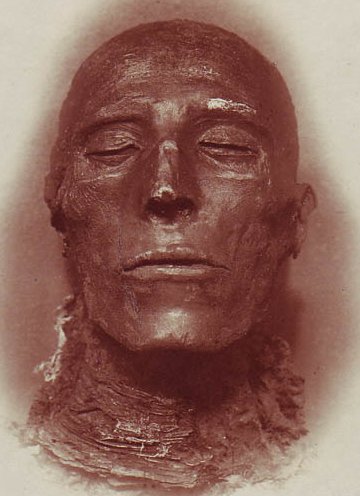Sunday, September 8, 2013
Excavating The Lost Novels of Bram Stoker
Last year Skyhorse Publishing commemorated the centennial of Bram Stoker’s death by collecting his three lesser known horror novels in one massive volume edited by Stephen Jones and published under the title, The Lost Novels of Bram Stoker. The title is a bit of a misnomer since none of these books can really claim to have been lost. Although having recently read all three in sequence, one may be able to make a convincing argument that at least a couple of them deserve to be buried.
The Jewel of the Seven Stars (1903) opens the collection and is far and away the best of the three titles. Often referred to as Stoker’s Mummy novel, it concerns reincarnation, possession, obsession, and even a Biblical damning of those who dare too much. This well-written novel recalls Sir Arthur Conan Doyle’s writing style far more than Stoker’s early triumph with Dracula, but that is hardly a fault. The style is more modern and the pacing and characterization are excellent until the stilted finale which falls surprisingly flat.
This opinion appeared to have been universal for Stoker’s publisher later deleted a lengthy chapter with background information (which was published separately as a short story) and had the author rewrite the ending. Regrettably, this only made matters worse for the revised chapter is an unconvincing happy ending that convinces no one. Stoker seemed to be building toward a sense of doom with the Divine Hand of Justice smiting the participants in this sacrilegious rite with the same sense of inevitability as befell Lot’s wife and the wayward citizens of Sodom in the Old Testament. Yet somehow he seemed unable to carry it off convincingly. Rather strange coming from the author who created the defining vampire story with its juxtaposition of Old World religion and superstition outstripping the Modern World’s rationalism and science.
TO CONTINUE READING THIS ARTICLE, PLEASE VISIT THE BLACK GATE ON FRIDAY.
Subscribe to:
Post Comments (Atom)


.jpg)
No comments:
Post a Comment